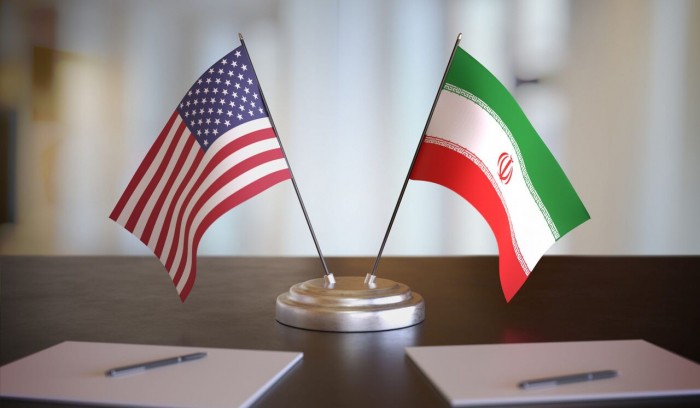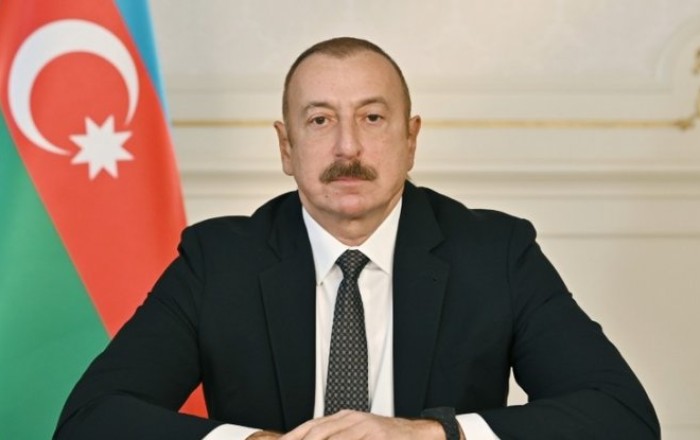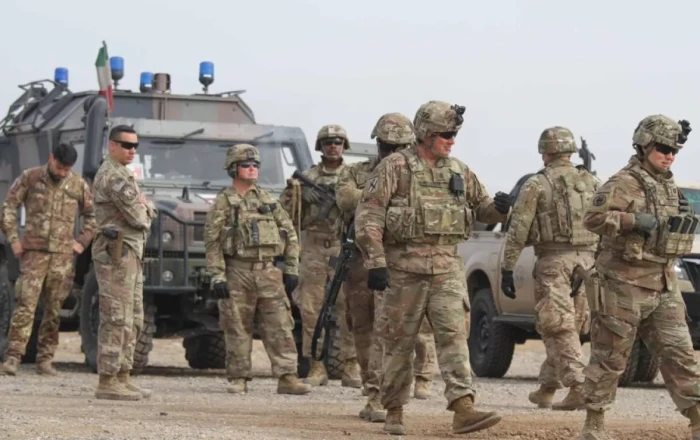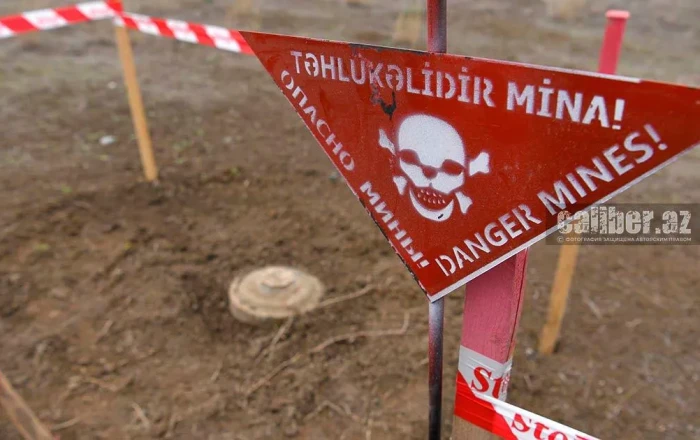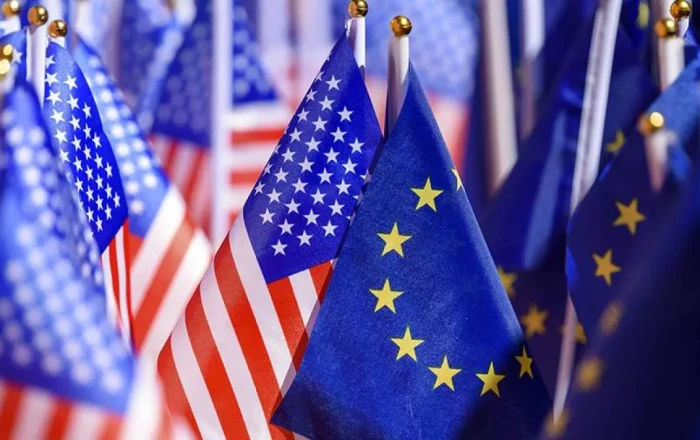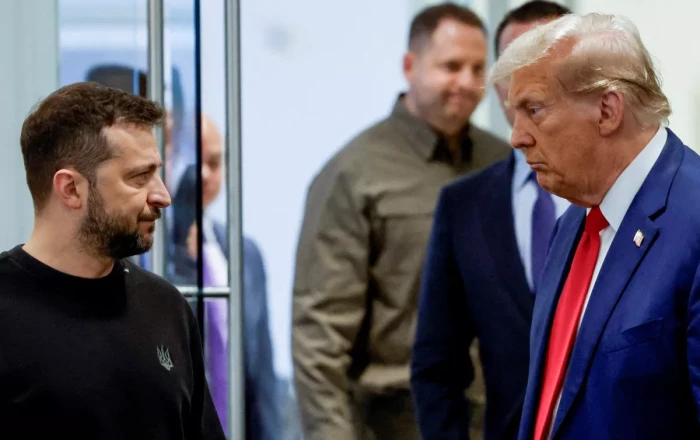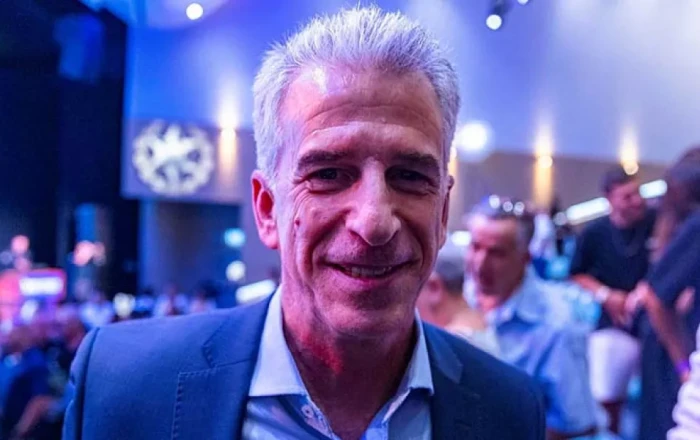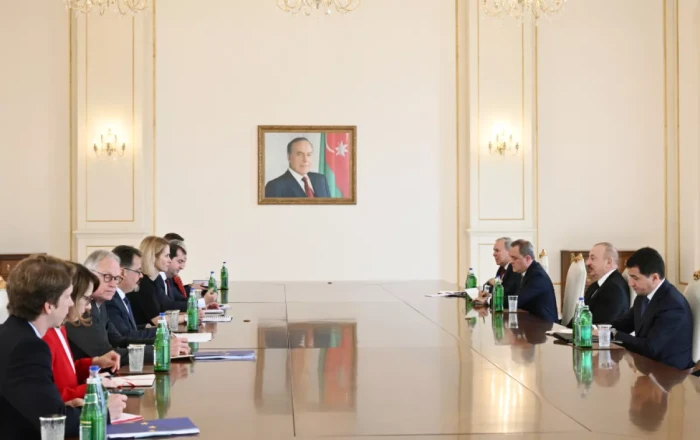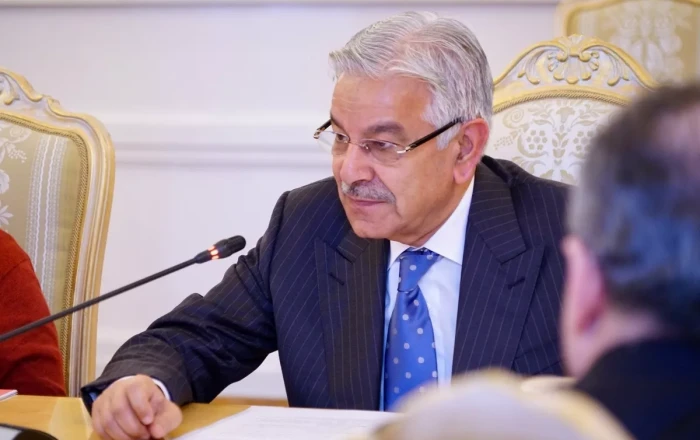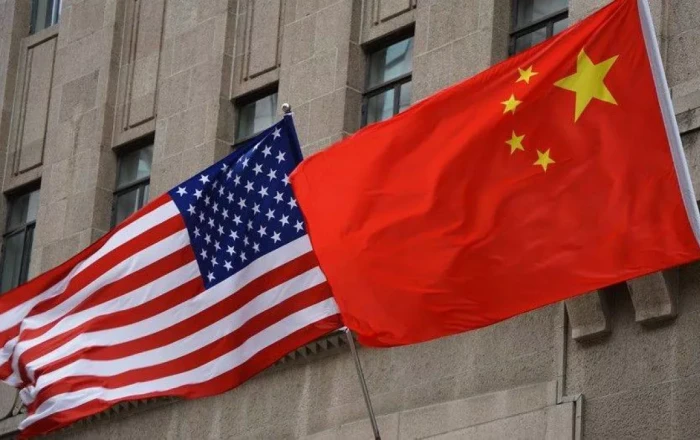According to earlier information, these consultations are scheduled for April 23. However, there were no clarity about its venue.
The newspaper noted that "Russia could play a key role in a deal on the future of Iran’s nuclear program," pushing the UK, Germany, and France to the sidelines. Such a scenario is possible if the would-be deal between Iran and the United States stipulates transferring Iranian stockpiles of highly enriched uranium to Russia with their potential return to Tehran in the event the US side breaches the deal.
On March 15, Russian presidential press secretary Dmitry Peskov refused to comment on The Guardian’s reports that the United States had allegedly suggested that Iran transfer its highly enriched uranium stockpiles to Russia of another third country.
The second round of talks between the US and Iran concluded on Saturday after nearly four hours of discussions in Rome, mediated by Omani Foreign Minister Badr al-Busaidi. In these indirect negotiations, the delegations remained in separate rooms and communicated through the Omani mediator.
This session followed the inaugural round held on April 12 in Muscat, where US and Iranian representatives, led respectively by Special Envoy Steven Witkoff and Foreign Minister Abbas Araghchi, engaged in negotiations facilitated by Oman concerning Tehran’s nuclear program.
Like a week ago, Witkoff and Araghchi led their countries’ delegations to the Rome round of consultations. According to the top Iranian diplomat, the sides reached understanding on a range of issues. Witkoff and Araghchi will meet again on April 26 after technical consultations on April 23.
Source: en.azvision.az


